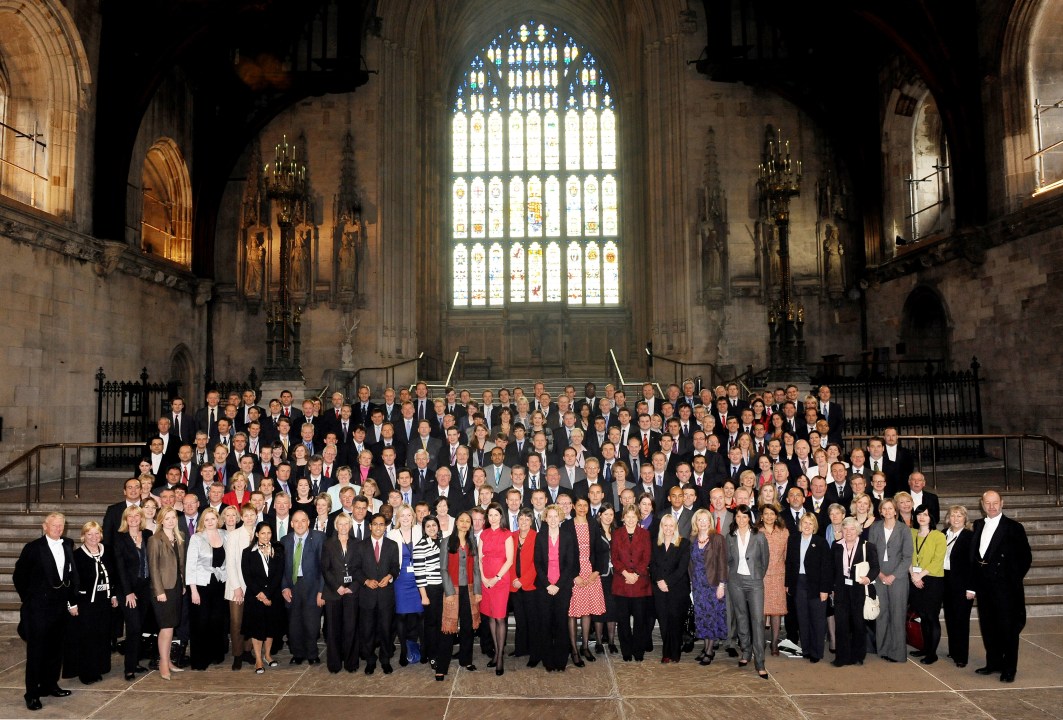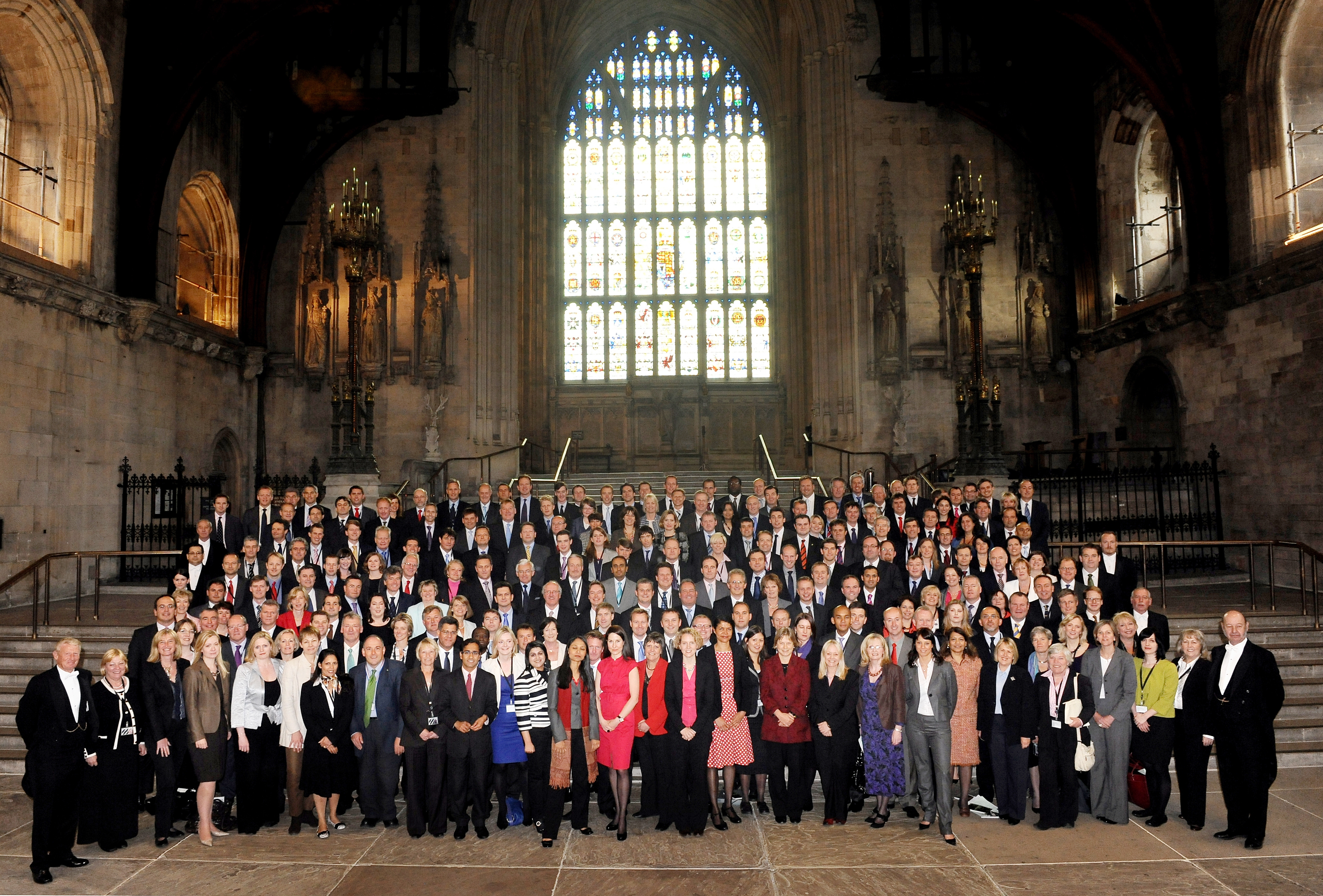 A Norwegian MP once told me that every time he thought life on the opposition benches
was terrible he would think about life on the government backbenches – and realise how much he enjoyed his job. Life as a government-supporting backbench MP is difficult; if you are not
willing to cap your ambition, you have to support the government, keep criticism muted and hope for elevation to ministerial rank in any future reshuffle.
A Norwegian MP once told me that every time he thought life on the opposition benches
was terrible he would think about life on the government backbenches – and realise how much he enjoyed his job. Life as a government-supporting backbench MP is difficult; if you are not
willing to cap your ambition, you have to support the government, keep criticism muted and hope for elevation to ministerial rank in any future reshuffle.
It is doubly difficult for the hard-working Tory MPs who lost out on government jobs because of the need to find space for Lib Dems, rather than because of their personal abilities. I can think of at least half a dozen MPs who would have made excellent ministers.
What should they do now? Debate in the parliamentary chamber is one way, but not all MPs cut out for the archaic style of the House of Commons. One way is to get elected to the various Select Committees in the hope that they will be given more clout, and that their criticism will be seen as constructive. Another option is to pick one or two issues to campaign on and become a national authority – say on child poverty, Yemen, or cyber security. At some point, the Prime Minister will invariably have to focus on the particular issue and the relevant MP will be called to No 10.
There is also what I’d call the MacShane option – after Labour MP Denis MacShane. This has the MPs becoming pundits, experts, using the parliamentary pulpit to write, engage in debate, present TV programmes etc. That is, of course, not an option for everyone.
In the end, though, life as a government-supporting MP is tough. And it will be crucial for Patrick McLoughlin, the Tory chief whip, to help these “unemployed” MPs find gainful employment.







Comments